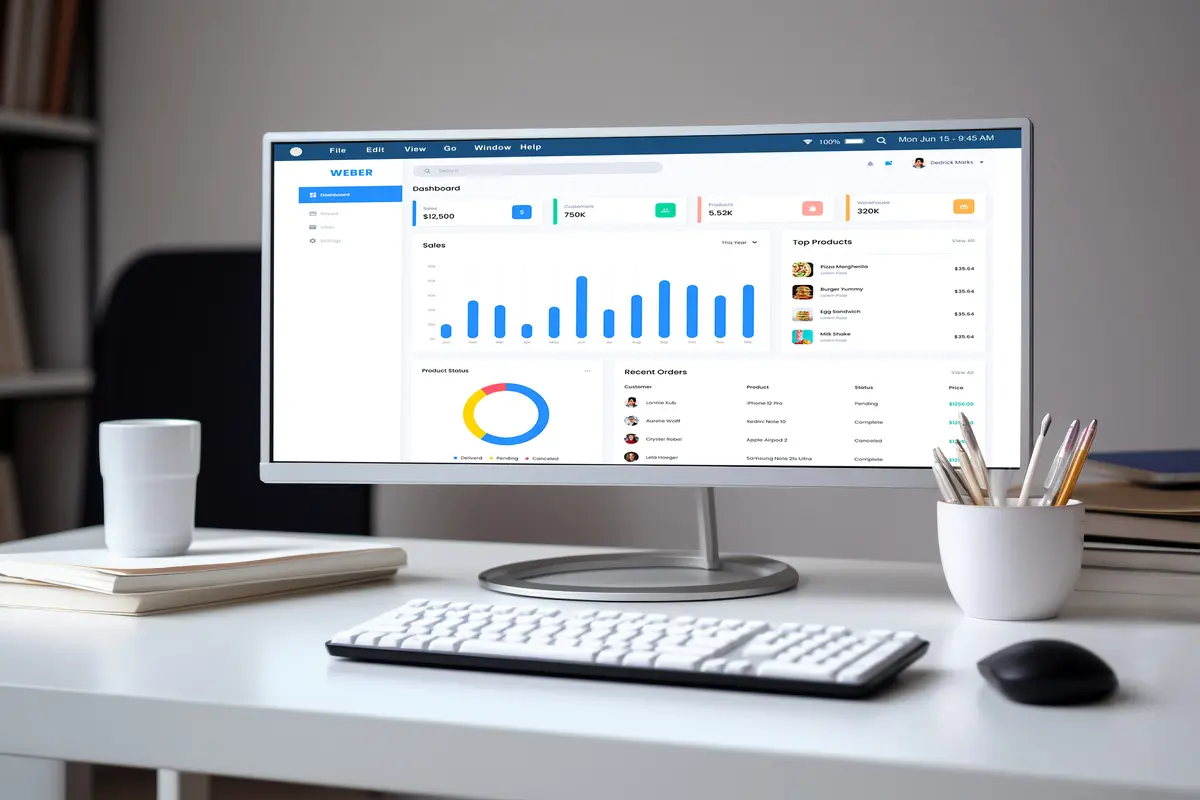Local Keywords Guide: The Ultimate Strategy for SEO Success.
A Local Keywords Guide is essential for any business aiming to dominate local search engine rankings. Local keywords ensure your business appears in front of the right audience in the right geographic location. By strategically implementing local SEO practices, businesses can drive foot traffic, boost online visibility, and increase conversions.
Incorporating local SEO strategy into your marketing plan helps you connect with potential customers in your vicinity. Unlike general keywords, local keywords focus on location-specific terms like “best cafes in Chicago” or “plumbers near me.” This targeted approach ensures that your business ranks high on search engines for relevant local searches.
Whether you’re a small café owner or a service provider, mastering the use of local keywords is crucial to your online success. Let’s dive into how to effectively identify, implement, and track local keywords to stay ahead of the competition.

What Are Local Keywords?
Local keywords are search terms that include location-specific phrases to target audiences within a specific geographic area. These keywords often include the name of a city, town, or neighborhood, alongside a service or product. For instance, keywords like “dentist in Manhattan” or “pizza delivery near Downtown LA” help users find services close to their location.
To crafta strong Local Keywords Guide, it’s essential to understand user intent. Users searching for local services or products typically look for quick and convenient solutions. By integrating precise local keywords, you ensure your business ranks higher in search results for these queries.
External resources like Google’s Keyword Planner can help identify high-performing local keywords relevant to your niche. Combining these tools with insights from your local market ensures an optimized SEO strategy.

The Role of Local Keywords in Local SEO
Local keywords are the backbone of any effective local SEO strategy.They ensure your business gains visibility in local search results, especially on Google My Business and Google Maps. For instance, a query like “restaurants open late in Brooklyn” relies on the local SEO practices of the listed businesses to appear on the first page.
Local SEO optimizes your website and online listings with the right keywords, ensuring you attract customers searching for location-based services. By targeting phrases that include specific areas, you ensure higher engagement and more relevant website traffic.
Using tools like Ahrefs and SEMrush , you can identify the best-performing local keywords. Incorporate these into your web pages, headings, meta tags, and Google My Business profile to strengthen your visibility in local searches.
How to Research Local Keywords
Researching local keywords begins with understanding your target audience and their preferences. Start by brainstorming terms customers might use when searching for your services in your area. Tools like Google Trends and UberSuggest can offer insights into popular search terms in your region.
Another effective method is analyzing your competitors. Find out which keywords competitors rank for by using tools like Moz or Ahrefs . This helps refine your strategy and identify untapped opportunities.
For instance, if you own a flower shop in Miami, phrases like “flower delivery Miami” or “wedding florists near me” would likely yield high traffic. Optimize these keywords in your content and ensure they’re used naturally for better rankings.
On-Page Optimization with Local Keywords
Optimizing your website’s on-page content with local keywords is a vital part of any local SEO strategy Include these keywords in your titles, headings, meta descriptions, and body content for maximum impact.
For example, if your business is a bakery in San Francisco, your homepage title should read something like, “Best Artisan Bakery in San Francisco – Freshly Baked Goods Daily.” Similarly, include local keywords in image alt tags and URL structures.
Consistent optimization signals to search engines that your website is highly relevant to local searchers. Ensure the placement of keywords appears natural and doesn’t come across as “keyword stuffing,” which could harm your rankings.
Utilizing Google My Business and Local Keywords
Google My Business (GMB) is one of the most powerful tools for leveraging local keywords.Optimizing your GMB profile with accurate local keywords boosts your chances of appearing in the coveted “local 3-pack” on Google.
Include your primary and secondary keywords in your business description, services, and posts on GMB. For example, a car repair shop in Atlanta might use keywords like “affordable car repair Atlanta” or “auto service near Buckhead” to attract local clients.
Regularly updating your profile with offers, photos, and customer reviews also strengthens your local SEO. A well-optimized GMB profile ensures better rankings and higher click-through rates.

Utilizing Google My Business and Local Keywords
Content marketing plays a crucial role in promoting local keywords effectively. By creating blog posts, FAQs, and guides centered around location-specific topics, you can attract a more targeted audience. For example, a hotel in Orlando could create content like “Top 10 Attractions Near Downtown Orlando” to capture local interest.
Using internal links to connect related pages creates a cohesive structure that strengthens your site’s authority and keeps users engaged. External links to credible sources, like travel guides or local business directories further validate your content.
Tracking and Measuring Success with Local Keywords
Tracking the performance of your local keywords is essential to refining your strategy. Tools like Google Analytics and BrightLocal help measure metrics like organic traffic, bounce rates, and keyword rankings.
Monitor which pages perform best and identify areas for improvement. For instance, if a blog post on “pet grooming services in Los Angeles” receives high engagement, you can create more content around similar topics.
Consistent analysis ensures your local SEO strategy evolves with market trends, keeping you ahead of competitors.
Contact Us
Drop Us a Line
Talk to Our SEO Experts – Start Your Success Journey!
